The anti-Semitic graffiti was spray-painted overnight on a wall at 2 rue du Donjon in the eastern Paris suburb of Vincennes, barely a week before the second anniversary of the October 7, 2023, Hamas-led attacks on Israel. The explicitly racist “Dirty Jew” written in black spray-paint has now been covered up with thick, white paint. But for the neighbourhood’s Jewish residents, the damage has already been done.
“The location was not chosen at random,” said a woman shopping at a nearby kosher store. Taking out her phone, she pulls up a photo of the graffiti taken on October 3. “A friend shared this on Facebook this morning. Call him if you want to know more,” she said with an air of resignation.
The anti-Semitic slur was spray-painted just a hundred metres from a Jewish elementary school. It's a private school, discreet, with no signs indicating that behind the green fence, topped with two surveillance cameras, are classrooms attended by Jewish children.

A 20-minute walk away, in front of Charles Traiteur, a kosher patisserie, customers are rushing in to do their last-minute shopping before the Sabbath. On the sidewalk in front of the entrance, there’s another invective in the same black script as the one near the Jewish school. “Fuck the Jews,” it says, now slightly faded by the mid-afternoon rain, but still clearly visible.
The store owner takes the matter seriously. “I called the police this morning. They asked me to send a photo, but they didn't come,” he laments.
“Before, it was ‘Down with Israel.’ Now they're attacking Jews directly. The message is clear. It's getting worse and worse,” explains the shopkeeper while serving customers.
Hiding family names on delivery apps
Ilan, 33, has also seen the photos of the graffiti circulating on social media. His sister lives in the neighbourhood where the Jewish school is located. She called him this morning to tell him about the anti-Semitic graffiti near her home.
“The October 7 massacre was the last straw for the community,” he explains. "Unfortunately, the events taking place in Israel are being replicated in France and across the world. But we had already seen this before with the Hypercacher and Toulouse attacks,” he says, referring to the deadly January 9, 2015, siege at the Hypercacher kosher supermarket days after the Charlie Hebdo shooting and the March 2012 attack on a Jewish school in the southern French city of Toulouse. “It was already too much," Ilan notes with a sigh.
The January 2015 attack – when Amedy Coulibaly, an associate of the Charlie Hebdo gunmen, held Jewish shoppers hostage and killed four of them before he was shot dead by police – is a memory that remains etched in this community’s collective consciousness. “Since the attack, I'm always careful, I stay alert,” explains the owner of the Charles Traiteur pastry shop. It’s an understandable sense of security awareness: the Charles Traiteur is right next to the Hypercacher supermarket targeted by Coulibaly.
“We have this culture, within us, of saying that we are never safe,” says Ilan. His family's history is marked by his grandparents' sudden departure from Tunisia. They were forced to leave after the 1961 Bizerte crisis, when several Jews left Tunisia after French forces occupying a military base in the northern Tunisian port city of Bizerte clashed with Tunisian troops.
“My grandfather had a very hard time with this story, which my father often told us. And today, unfortunately, we feel rejected by the rhetoric of certain political parties. I wonder if one day I will be driven out [of France] like Tunisia did to my father,” says Ilan.
Ilan's parents made their Aliyah, or emigration to Israel, four years ago. Following their departure, their son took over the family business, a kosher catering service in a town in Val-de-Marne. “For a year, I went to study kosher catering in Israel, but I came back. I love France, I love this country that gave me an education and gave my parents a chance when they were driven out of Tunisia,” he says.
But Ilan believes the French authorities are failing to grasp the extent of anti-Semitism in society. So the young man is taking matters into his own hands: he prefers to hide his last name on the Uber Eats food delivery app. He never gives his real address, asks his sisters to send him a photo of the license plate when they take a taxi, and tells them to “be careful what they say in the taxi so as not to provoke anyone”.
Ilan, who lives in Pantin, an ethnically diverse northeastern suburb dubbed “the Brooklyn of Paris”, is also considering moving since he became a father with the birth of his baby daughter. “As time goes by, I can't see myself letting my daughter go out in neighbourhoods that are a bit complicated for us. I would feel more reassured in cities that have a larger [Jewish] community.”
Michel*, 60, understands that feeling. “There is a great deal of unease. Those who can, especially the 35-40 age group, are leaving France,” he notes. “I've been living in [the eastern Paris suburb of] Fontenay-sous-Bois for 30 years, and we've always lived alongside people of all backgrounds. But for the past two months, I've been taking off my kippah when I'm out on the street.”
He says he is shocked by the increase in anti-Semitic attacks. He recalls the case of a man wearing a kippah who was punched and kicked as he left a Paris synagogue in March, and more recently, the attack in the southern Parisian suburb of Essonne against a 67-year-old man who was beaten while his attacker shouted, “Dirty Jew, I'm going to kill you.”
Read moreAnti-Semitic acts rise in France
‘Should we leave’ France?
Anti-Semitic acts have increased significantly in France since the October 7, 2023, Hamas attack sparked Israel’s punishing war in Gaza.
In the first six months of 2025, 646 anti-Semitic acts were recorded in France, according to the interior ministry. It represents a 27.5 percent decrease compared to the first half of 2024. But it represents a jump of 112.5 percent compared to the same period in 2023, before the Hamas attacks and the war in Gaza.
The context is particularly sensitive since France is home to Europe’s largest Jewish community, with approximately 450,000 to 500,000 people (religious Jews and non-practicing Jews with at least one Jewish parent), according to a commonly accepted estimate since the French state does not record ethnic or religious origins of its citizens and residents.
“Every day, we think twice before choosing a route, and we are especially careful with our children, making sure they don't get hassled when leaving a kosher restaurant, for example,” sighs Michel. “I am a child of the [French] Republic. I went to public, secular schools. But I've been really shocked lately,” he confides.
Michel says he never imagined it would come to this. “You get the feeling that some people want to kill the Jews. That man who was leaving the synagogue and was beaten up, it could have been me. Sometimes I ask myself, ‘What are we waiting for to get something done? For someone to die?’”
His parents, 80 and 87 years old, are “very upset", he reveals. “They've been through traumatic experiences. So my friends and I are all asking ourselves the same question: Should we leave?”
‘October 7 ruined everything’
Serge Belaiche, president of a union of Jewish associations in Fontenay-sous-Bois, shares this view. “I was a happy Jew in Fontenay-sous-Bois,” he says. “October 7 ruined everything.”
He had once considered running for public office, but now resents his local council for supporting pro-Palestinian rallies and figures such as Rima Hassan, a French politician of Palestinian origin who was elected to the European parliament last year. However, he also points out that the municipality voted to provide a subsidy for the reconstruction of Kibbutz Nir Oz, where a quarter of the inhabitants were victims of October 7 massacre, killed on the spot or taken hostage by Hamas.
Now in his 70s, Belaiche also removes his kippah when he is out on the streets in his neighbourhood. “In the city, I am an active member of the interfaith dialogue, which brings together Catholics, Protestants, Muslims and the Jewish community that I represent. Even though I have good relations with leaders of the Muslim community, on the street, there are stares. I have never been pushed or insulted, but I was glared at when I wore my kippah,” he reveals.
There have been a series of anti-Semitic acts in the town over the past two years. In January, four individuals, including two minors, were arrested while drawing a Star of David on a building. Then this summer, a kosher restaurant was vandalised.
“Yet we are in a town that does a lot to preserve memory,” points out Belaiche. Fontenay-sous-Bois was one of the first towns in the region to install “pavés de la mémoire”, memorial paving stones featuring brass plaques sealed and installed in front of the houses of former Fontenay residents who were deported to Nazi camps for being Jewish or members of the Resistance.
Jews have lived in the town for generations, and it is still an important community, explains Belaiche. Since the 1980s, the community has grown due to a small demographic boom. Around a thousand families now live here, “despite the departures” [for Israel], in relative tranquillity.
The police have increased security, including video surveillance, at one of the town’s three synagogues that was considered the most vulnerable. So far there have been no incidents, Belaiche says.
"One of the reasons is that people grew up together. This is a generation of 40-somethings who went to the same schools and therefore know each other. Thanks to this, thank God, there have been no hostile demonstrations, even after October 7. But I won't hide the fact that when I go there, I prefer to wear a cap [rather than a kippah]," adds Belaiche.
A ‘genocial settler’ at pro-Palestinian demonstrations
Some have refused to change the way they dress, even though they admit they are concerned about the rise in anti-Semitic incidents. Ari*, a teacher of Kabbalah (Jewish mysticism), also gives lessons to non-Jews interested in this school of thought. He also runs a Jewish social association that "helps everyone regardless of religion” and hosts activities in several municipalities in the Paris suburbs.
“With my beard and kippah, I look like a rabbi. I'm visible from miles away. But I haven't changed, even though deep down I feel a latent sense of unease,” he says.
Nathan*, 24, a resident of the wealthy Parisian suburb of Saint-Mandé, explains that he does not feel targeted in public places. He always wears a Star of David pendant and the Hebrew character “Haï”, which represents “life” or God. This law student says he is more likely to encounter “anti-Semitism in discourse that hides behind anti-Zionism, with expressions such as ‘the Zionist entity’, ‘state Semitism’ or ‘the deep state’”.
As a young activist, he moved in left-wing circles, where he says he felt labelled as soon as people learned he was Jewish.
Nathan recounts that whenever the Israeli-Palestinian conflict is discussed, he finds himself forced to justify his positions and prove that he is a “left-wing Jew”.
Discussions with his fellow activists can also be tricky. “If I have the misfortune to say, or even suggest, that I might recognise the existence of the state of Israel, I am immediately seen as a ‘genocidal settler’ even though I participate in pro-Palestinian demonstrations,” he explains. Ultimately, he feels that his commitment and opinions never seem to matter. Everything is systematically erased and he is painted with the “Zionist” label.
Following the October 7 attack, Nathan joined the Golem collective, an association created in November 2023 to give a voice to left-wing Jews. He says he remains committed to the cause, even though, deep down, he would prefer to campaign alongside non-Jews in the fight against anti-Semitism, rather than being “obliged to be with my own people".
Nathan believes the nuances of anti-Semitism today lie much more “with French people who, believing themselves to be revolutionaries, behave in an anti-Semitic manner” rather than the Muslim community, which is often “accused of being one of the main vectors of anti-Semitism” in France.
For Salomé, 28, the difficulties arise mainly when meeting new people. “Since the war in Gaza, I've felt a great deal of unease. Before, people would ask me questions about Judaism and I would happily tell them about my family history. But today, it's become taboo. People ask me if I'm Jewish after seeing my Star of David pendant. Then they often look surprised and seem embarrassed.”
The subject also comes up in her love life. When she goes on dates with men she meets on apps, the conversation always turns to politics, with them probing her about her views on the Israeli-Palestinian conflict.
Salomé also feels a new distance from some of her Jewish friends. “We don't talk much because they have declared themselves pro-Israel, and I am pro-Palestinian. They feel betrayed. But in my eyes, they are the ones betraying our religion, which is above all a religion of peace.”
*Name changed at the request of the interviewee.
This is a translation of the original in French.

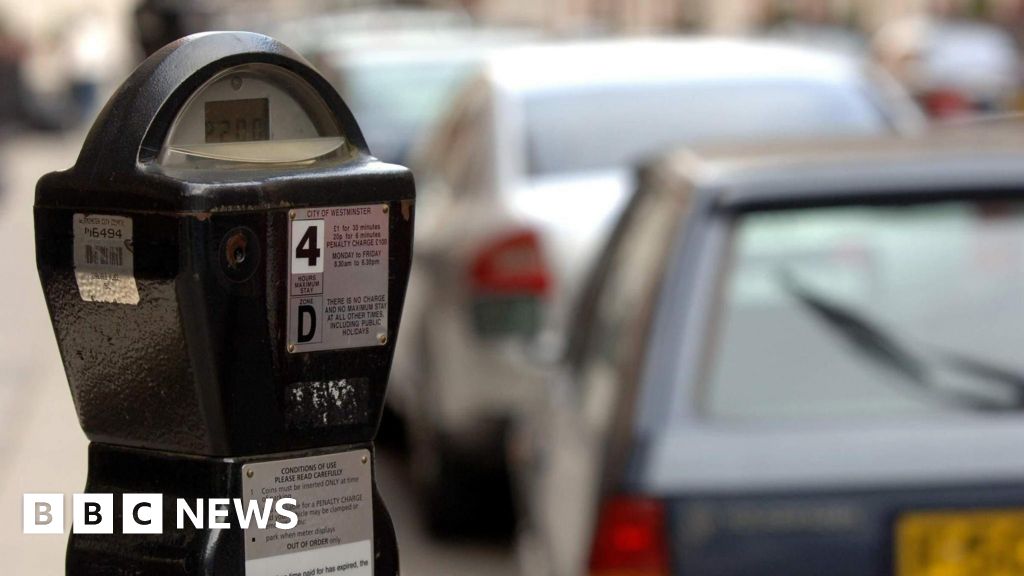
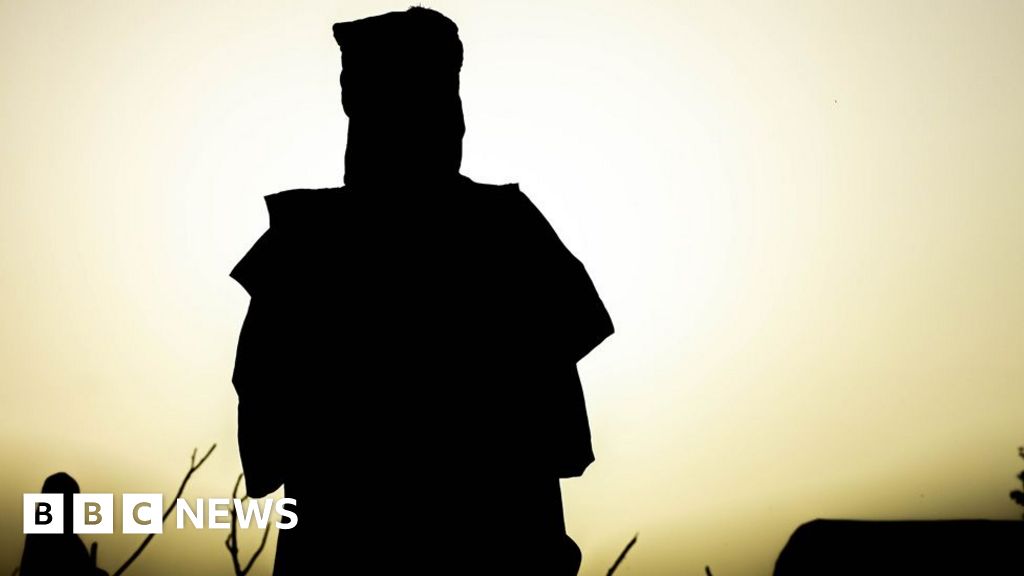
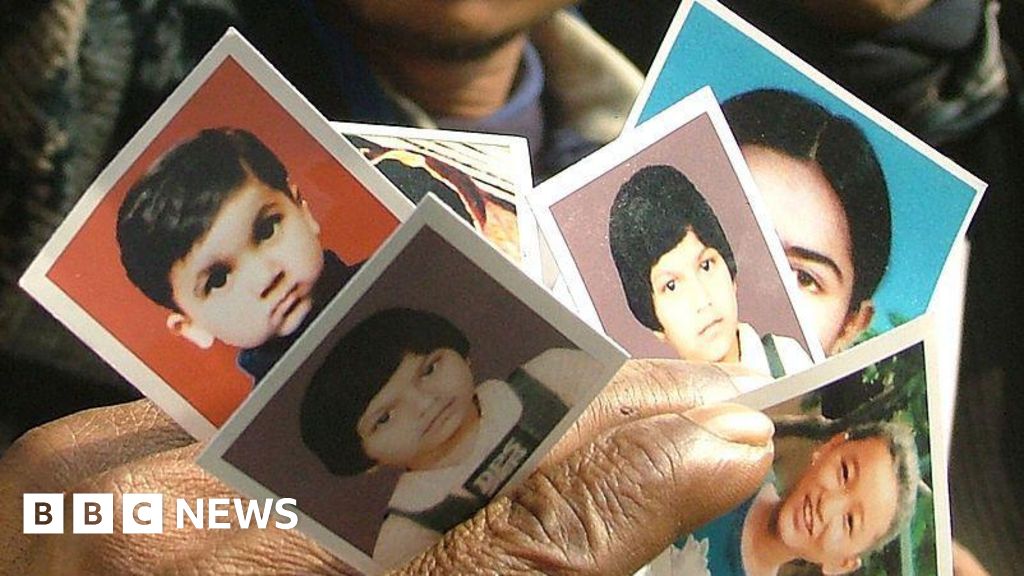

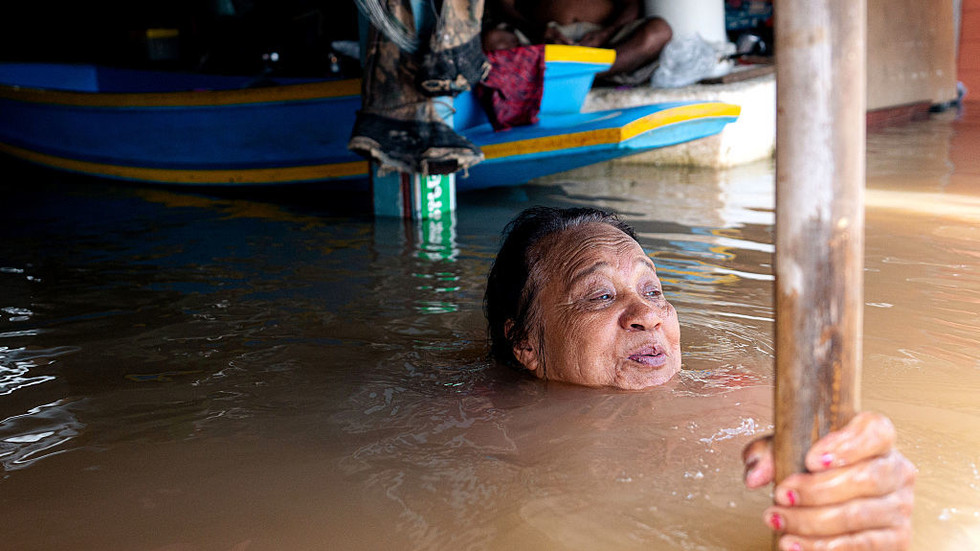

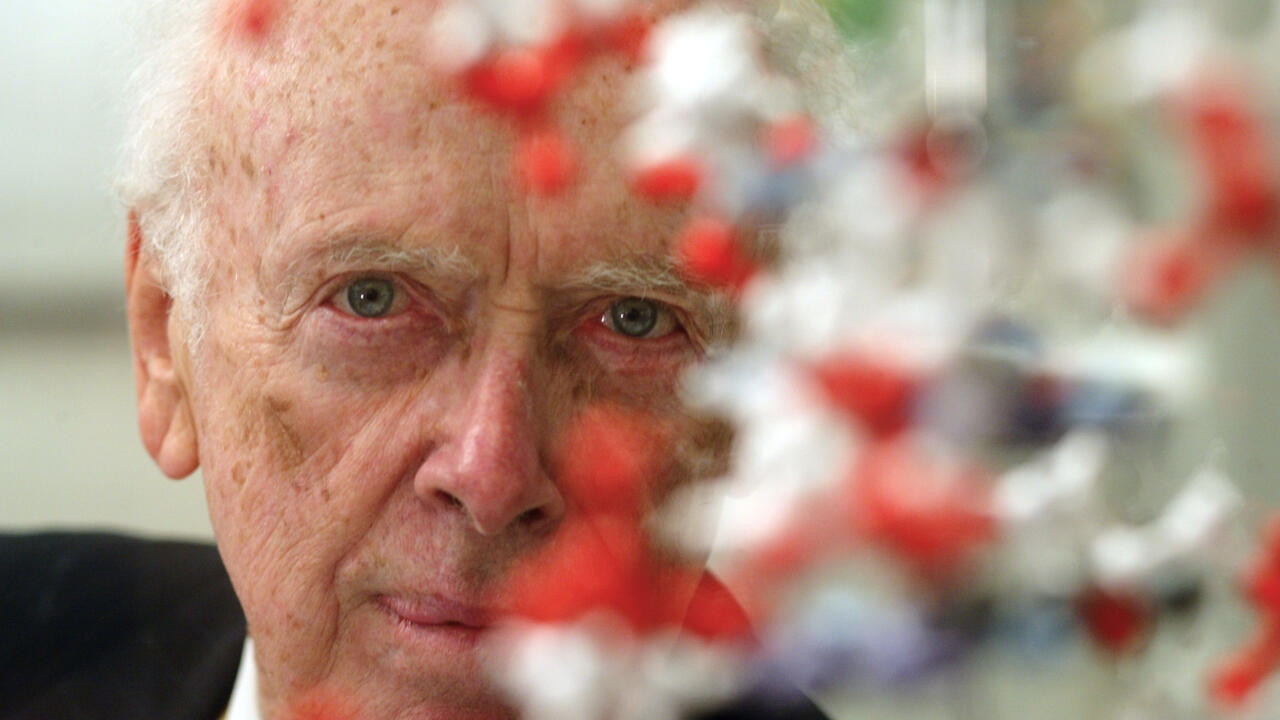
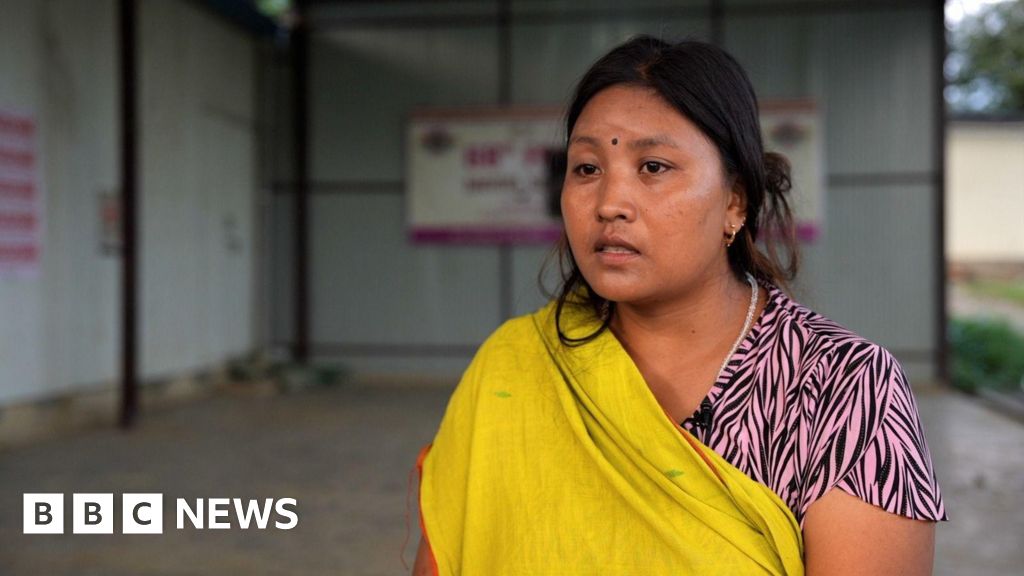


 English (US) ·
English (US) ·